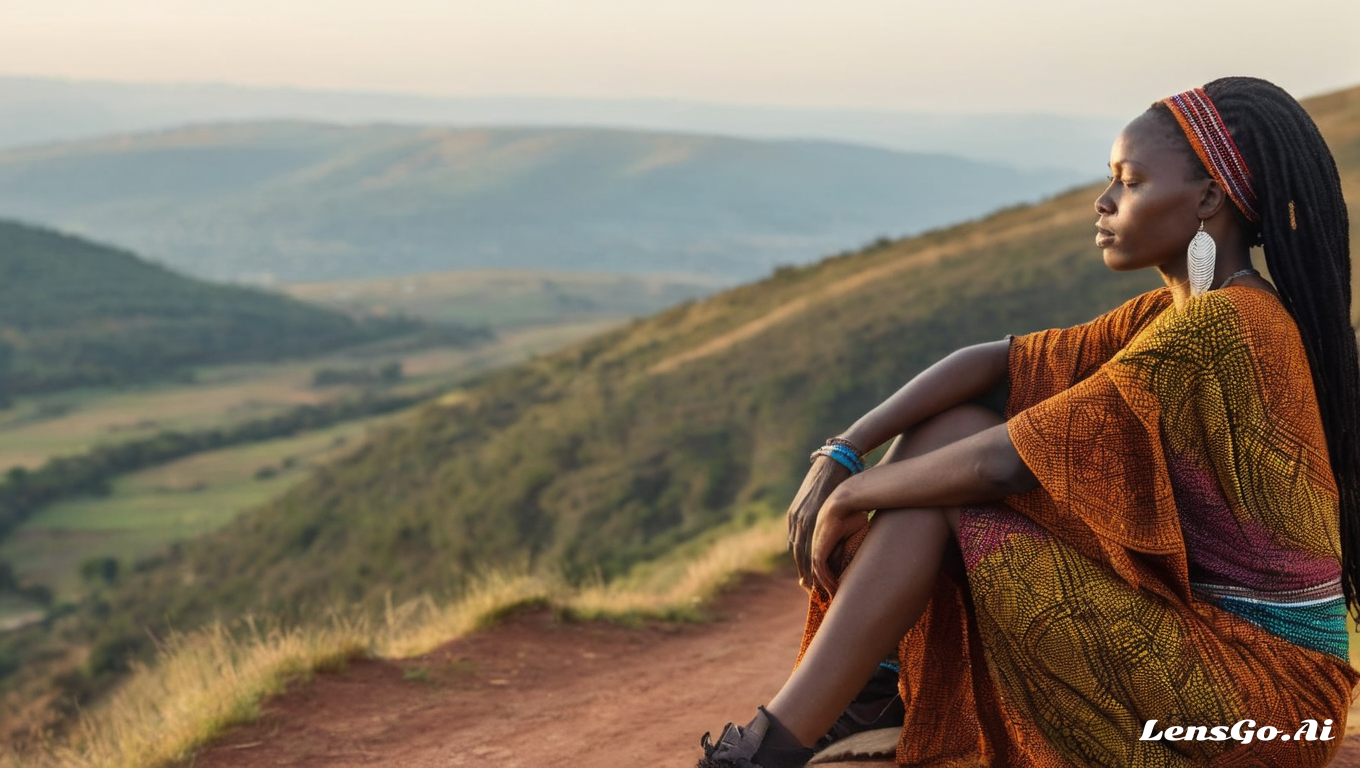How I contributed to creating barriers for People with disabilities
“There is no greater disability in society, than the inability to see a person as more.” – Robert M. Hensel, Author
Ever thought about how your actions—or lack thereof—might be contributing to someone else’s struggle? 🤔
I recently got more knowledge on what “disability” truly means. It hit me hard—I realized that for someone to feel disabled, I might have unknowingly contributed to that feeling.
Indeed, I’ve learned that disability isn’t just about physical or mental impairments. It’s about the barriers we, as a society, (un)intentionally create. The UN Convention on the Rights of Persons with Disabilities (UNCRPD) defines it this way: disability results from the interaction between impairments and barriers that prevent full participation in society.
Let’s put it simply:

💬 In conversations with people who have impairments, one thing stood out. A person with physical impairment said, “You might think that I have a problem but I don’t!. I have an impairment. But when I look for a job, I become a person with a disability because of the barriers I face.”
But here’s the kicker: I realized I’ve been and am still one of those barriers. 💥
How?
In my 15 years as an HR professional, I’ve achieved a lot. Yet, if you asked me a few months ago how many people with disabilities I’ve hired, my answer would’ve been shockingly inadequate. “No PWD came to me, and I refused them a job.” I’d say (“ntawaje ngo nkamwime”!). And that was the truth—but also a lack of ownership.


Why?
Because I didn’t consider the barriers they faced before they even reached me.
- Did I go the extra mile to reach out?
- Was my job advert accessible to everyone? or only to those without visual impairments?
- Did I ensure communication methods that catered to different needs? Or did I simply complain when a candidate didn’t respond to my call?
- Have I provided multiple ways for candidates to apply, including accessible online forms or alternative formats?
- Did I prepare accessible materials, like printing documents in Braille? Yes, it’s possible here in Rwanda.
- Did I create an environment where applicants felt safe disclosing their impairments?
- Have I ensured that the written test venue is physically accessible to all, including those with mobility impairments?
- Have I reviewed and updated my company’s policies to ensure they do not unintentionally exclude people with disabilities?
- Etc.
Fact: I had contributed to their challenges, even without knowing it.
Mea culpa……but now I know…
So what’s next?
🌟 Commit to creating inclusive spaces in every service I provide. For instance, how can I effectively coach someone with a hearing disability? It’s entirely possible
🤝 Collaborate with organizations that specialize in disability inclusion to gain deeper insights and guidance on best practices. i.e NCPD, NUDOR, UPHLS, RULP, RTI, USAID Rwanda Hanga Akazi, etc.
🧠 Avoid making assumptions. Remember, there are perspectives I may not fully understand. Instead of guessing, I will always ask and learn.
Now, Dear reader, allow me to ask you:
- Have you ever (un)knowingly been a barrier?
- What small steps can you take today to start making a difference?
Let’s reflect and take action together. The journey to inclusivity starts with each one of us. 🌍
…………………………………………………………………………………………………………………………………………..
By
Joie-Claire Museke
People Development Advocate | Self-Awareness Raiser
Founder & Managing Director @ KaizenMind

Leave a Reply